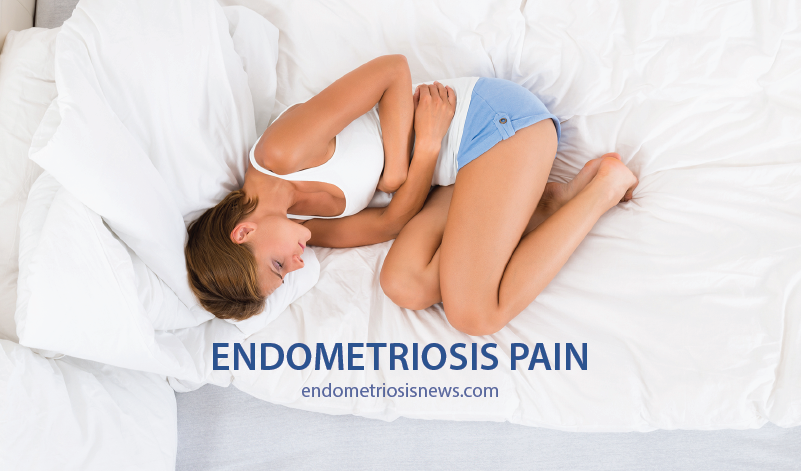Symptoms of endometriosis — particularly pelvic pain, cramping during menstrual period, general abdominal pain, irregular periods and dyspareunia (pain during sex) — take a big toll on women who suffer from the disease.
The report, “The burden of endometriosis symptoms on health-related quality of life in women in the United States: a cross-sectional study,” appeared in the Journal of Psychosomatic Obstetrics & Gynecology.
Symptoms associated with endometriosis affect patients’ Health-Related Quality of Life (HRQL) in terms of both work and relationships, says the study.
The negative effects on the HRQL of women with endometriosis are well-established across multiple studies. However, few studies have analyzed the effects of individual symptoms on endometriosis, and few studies have determined the relationship between severity of endometriosis and HRQL.
Researchers at AbbVie conducted a cross-sectional online survey, which included study-specific questions and standardized HRQL questions. Survey respondents chose the symptoms they were currently or had previously experienced from a list of endometriosis symptoms. Patients also rated the severity of each of their symptoms.
In addition, they completed EHP-30, the endometriosis health profile — a self-administered test used to measure HRQL of women with endometriosis. Questions in the EHP-30 are divided into five categories of pain, control and powerlessness, emotional well-being, social support and self-image.
The mean age of the 1,269 women participating was 34.3 years, and 78 percent of them were white. At least 75 percent of these women experience symptoms such as pelvic pain, menstrual cramping, anxiety, stress, lower back pain, fatigue, weariness and anemia.
EHP-30 scores from the survey respondents ranged from 33.6 to 37.8, indicating moderate HRQL impact on endometriosis patients. Furthermore, EHP-30 scores were significantly higher for women who had endometriosis-related symptoms than for those women who didn’t. Additionally, EHP-30 scores continued to worsen with an increase in number or severity of symptoms.
When looking at individual symptoms, pelvic pain, cramping during menstrual period, irregular periods and general abdominal pain are all significantly correlated with negative EHP-30 scores.
This large cross-sectional study shows that endometriosis-related symptoms have a significant negative impact on women’s HRQL, and that such impact on HRQL increases with both number or severity of individual symptoms.
“This study documents the large unmet need in the U.S. to address symptom burden among women with endometriosis,” authors concluded.

